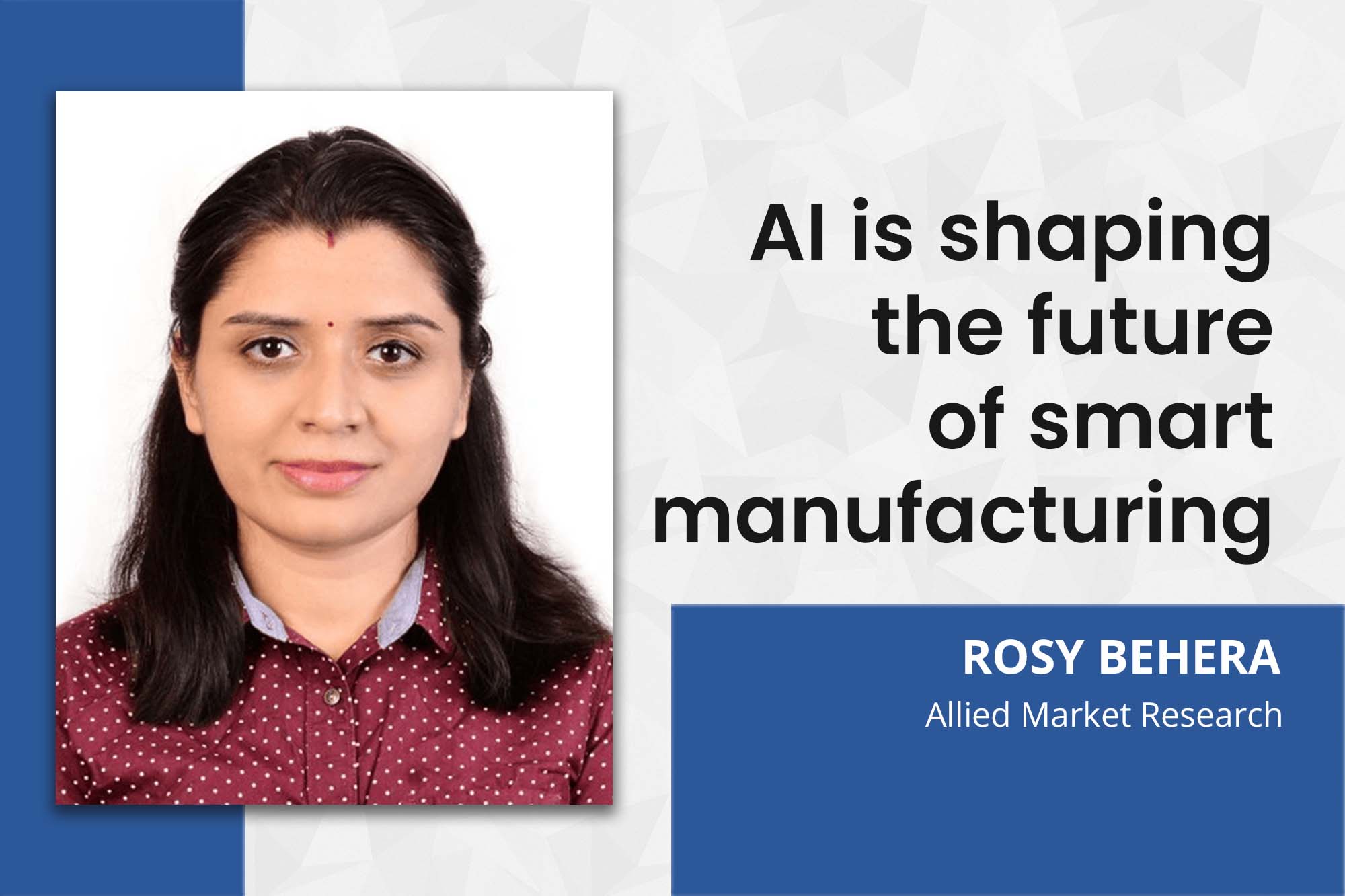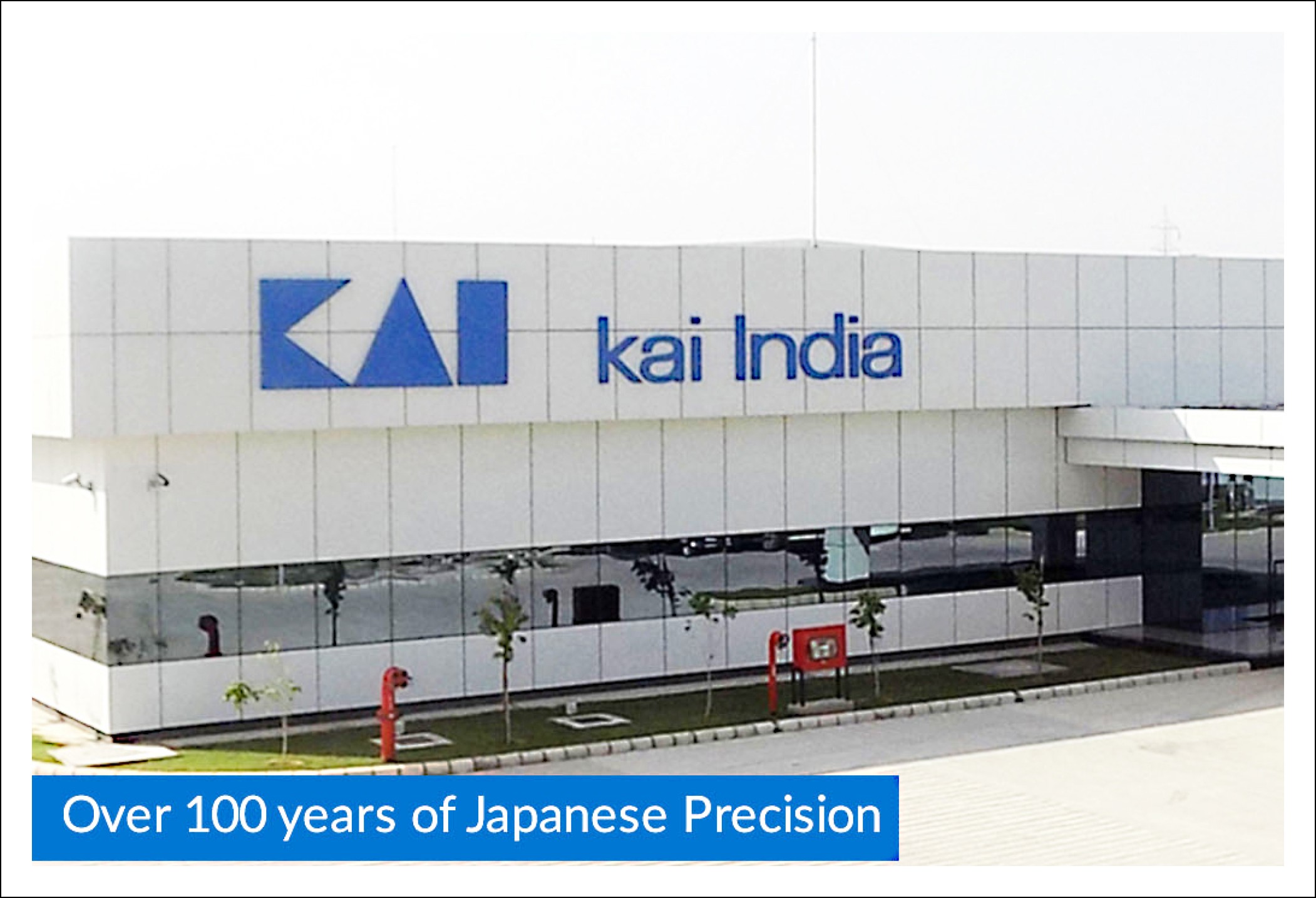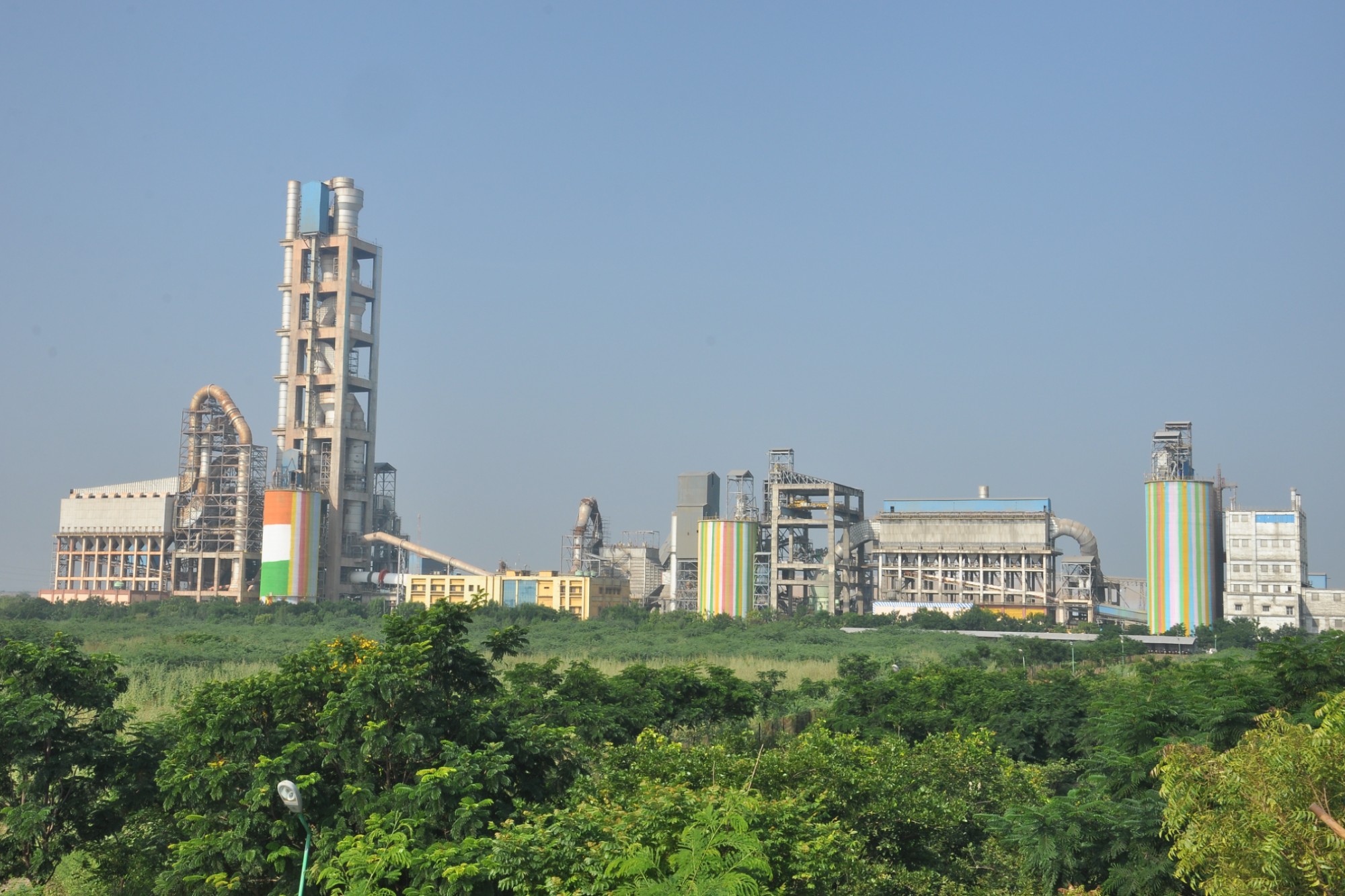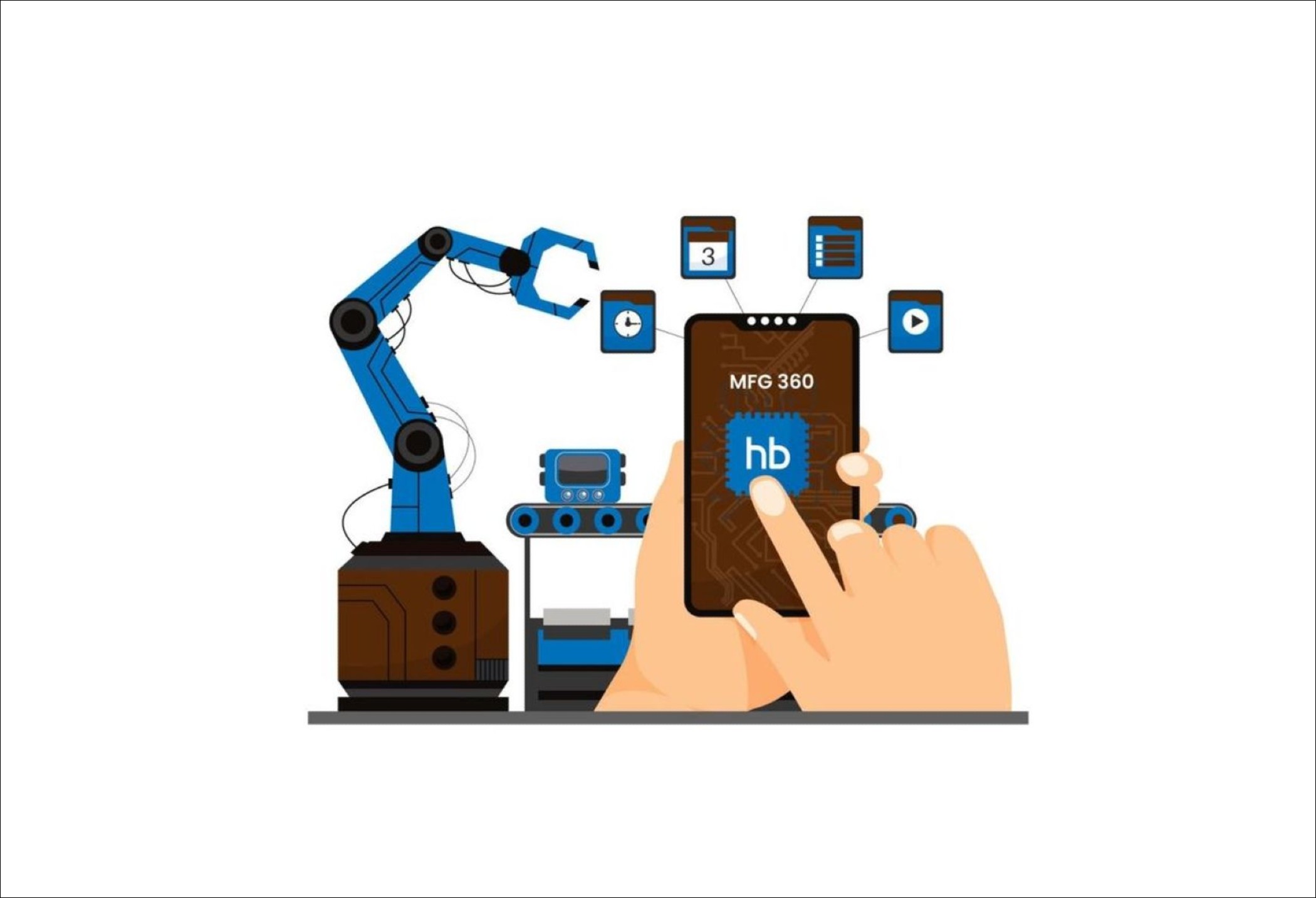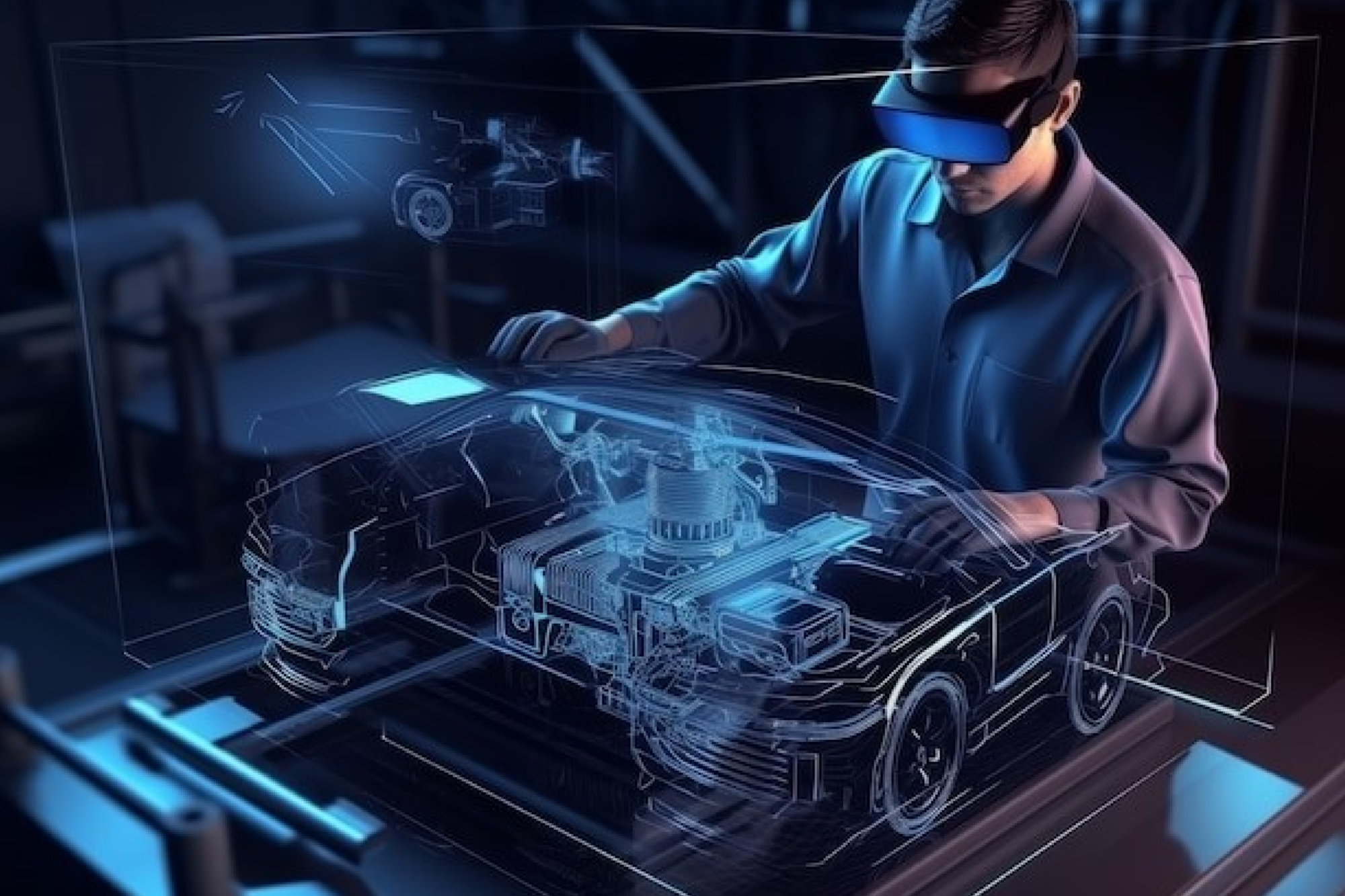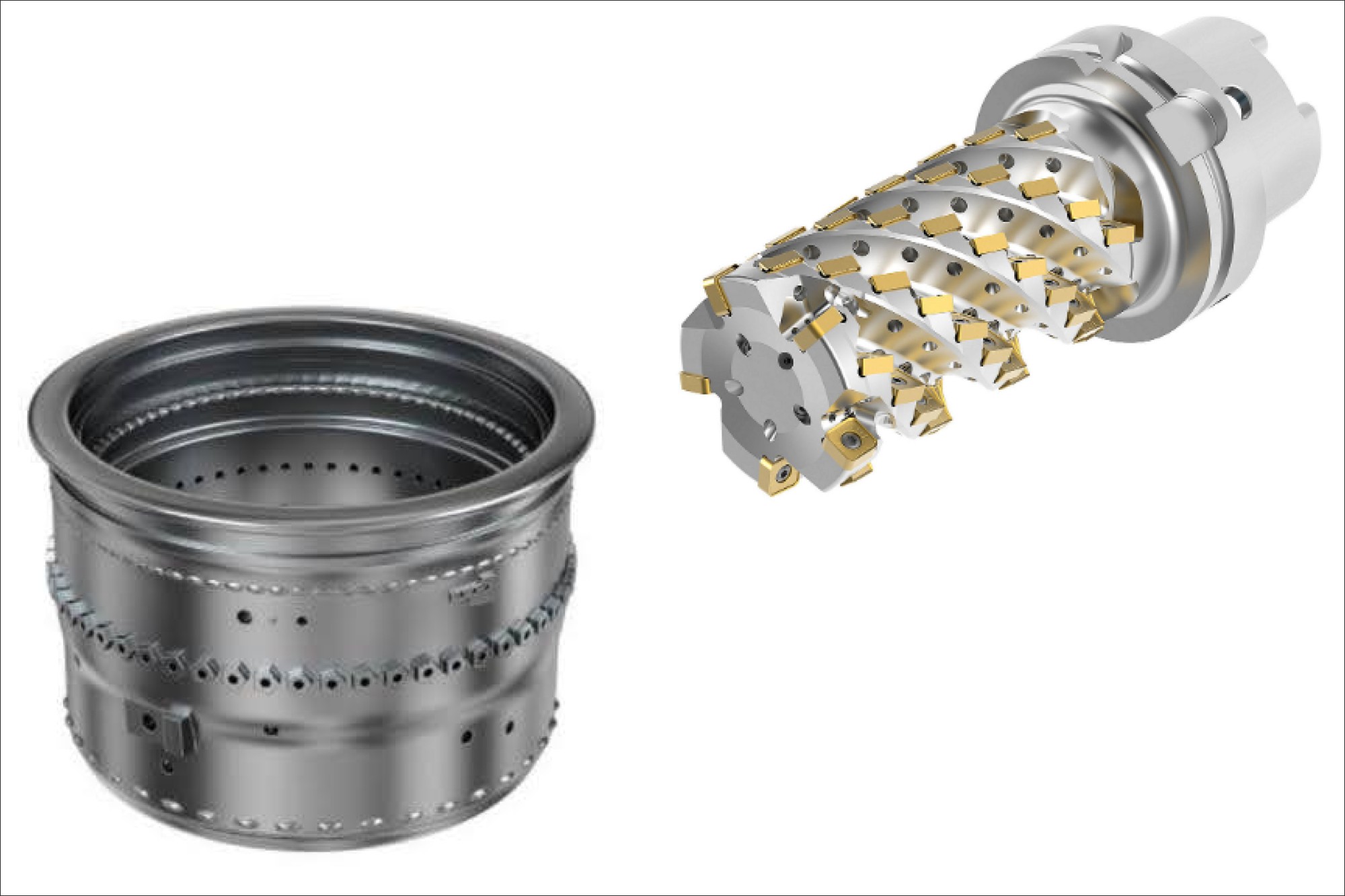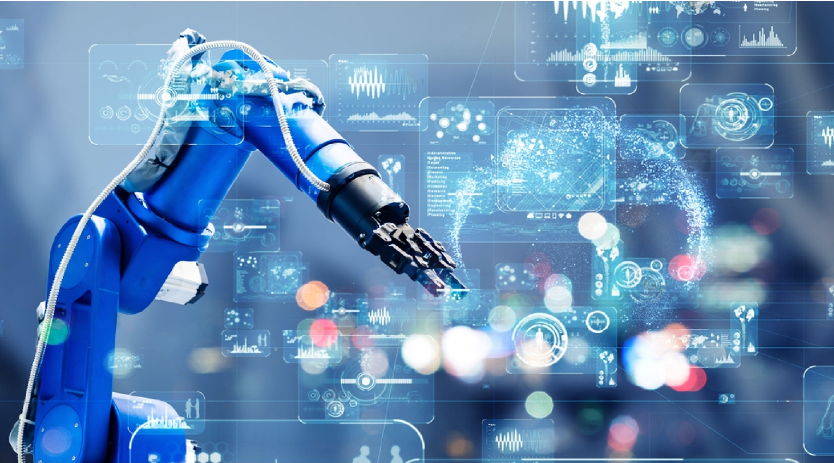AI is shaping the future of smart manufacturing
By Staff Report October 15, 2024 5:57 pm IST
Industrial automation has reshaped the industry by enabling real-time data analysis, machine-to-machine communication, and predictive maintenance. Edge AI and digital twins have enabled virtual factories, while humanoid robots and autonomous mobile robots are transforming robotics.
The advancements in industrial automation, including AI, humanoid robots, and green manufacturing, have transformed the industry over the past few decades. Industry 4.0 has developed the sector by enabling real-time data analysis, machine-to-machine communication, and predictive maintenance. In addition, modern technologies such as AI and augmented reality have played a key role in bringing the latest innovations in factory automation.
Edge AI
Edge AI technology is remoulding data transmission in modern factory settings, demonstrating decentralisation in the transmission process. This improves manufacturing units by integrating computing capabilities directly into the production area, allowing real-time data analysis through sensors attached to machines. Traditionally, Edge AI has revolutionised AI systems by processing data within a localised network, transforming the traditional centralised cloud-based approach. For example, Numurus LLC has introduced Ocean Aero, an AI-powered hardware for maritime threat detection, automating global robotic operations through edge computing and integrated technologies.
The rise of digital twins has paved the way for the development of virtual factories. This technology allows manufacturers to test new processes, identify obstructions in the flow of work, and fine-tune various operations. For instance, Rockwell Automation has developed FactoryTalk, a software solution that supports digital twins, providing a smart manufacturing edge to Burnley Brewing’s new facility, an American bar snacks chain.
Humanoid robots
The robotics industry has progressed, with developments in industrial automation and healthcare robots. One of the unforgettable developments in this field is humanoid robots. They have created waves in various industrial settings and healthcare. Companies like Amazon and BMW have tested these robots in workplaces for improving efficiency and handling repetitive tasks. Autonomous mobile robots are reshaping industries with flexible and intelligent solutions. These robots use data from cameras, laser scanners, and sensors to work in any environment, transforming the way automated guided vehicles operate.
The rapid environmental changes are now a major concern for various industries. Leading global manufacturing companies are implementing environmentally friendly practices, reducing waste, and preserving natural resources to minimise adverse environmental effects. AI’s role in sustainable manufacturing is growing, with green technology to reduce negative impacts on natural resources and environments through innovative methods and tools.Ability and EcoStruxure, developed by ABB and Schneider Electric, respectively, are some of the innovative solutions to optimise industrial operations. They utilise AI and data analytics to enhance energy efficiency and resource utilization. These newly developed platforms provide real-time insights and control over processes, making them valuable tools for industries to achieve sustainability goals and operational efficiency. Such AI-powered solutions enable factories to make data-driven decisions, contributing to eco-friendly manufacturing practices.
The global industrial automation market is expected to experience growth due to industry leaders’ innovative initiatives, with a projected CAGR of 8.7% from 2022 to 2031, according to Allied Market Research. Lear strengthens automation capabilities by joining hands with WIP Industrial.
Lear Corporation, a leading automotive technology company, has acquired WIP Industrial Automation in July 2024. The acquisition aims to develop new products and expand its offerings by leveraging WIP’s robotics and AI-based computer vision capabilities. This acquisition broadens Lear’s automation solutions and expertise, accelerating the development of next-generation automation technologies.
OpreX
Yokogawa Electric Corporation, a Japanese multinational, has introduced OpreX Intelligent Manufacturing Hub, a data integration solution that aids various industries in Japan. The platform provides a single database for integrating and displaying data on dashboards, enabling customers to make informed decisions at any level. The solution can be easily deployed on plants to boost productivity.
Industrial automation has reshaped the global manufacturing landscape with significant advantages. AI-powered systems, digital twins, and robotics technology have contributed a major role in the development of fully autonomous factories, improving efficiency and enhancing scalability across industrial settings. Moreover, the rising demand for advanced solutions to reduce manufacturing costs is going to create new opportunities in the landscape in the future.
Cookie Consent
We use cookies to personalize your experience. By continuing to visit this website you agree to our Terms & Conditions, Privacy Policy and Cookie Policy.



